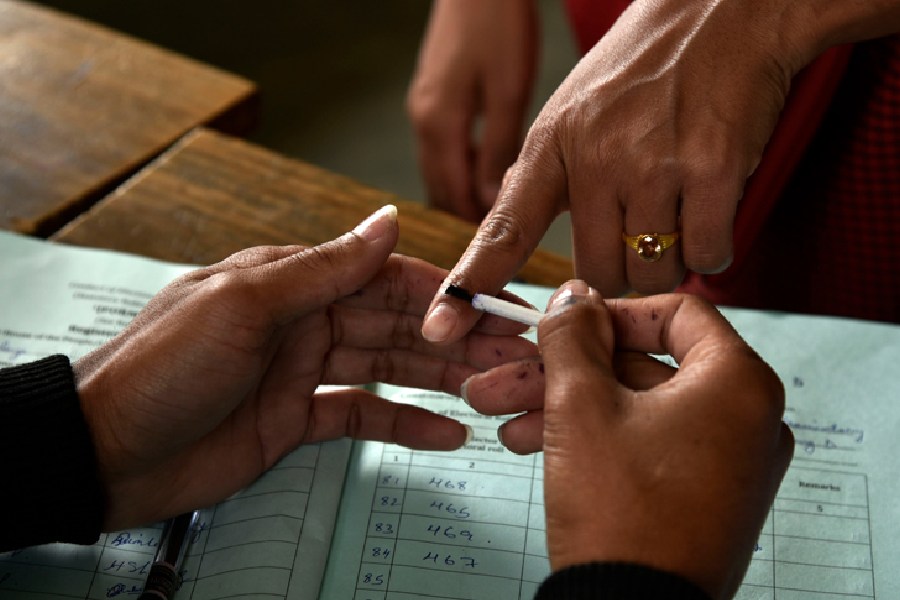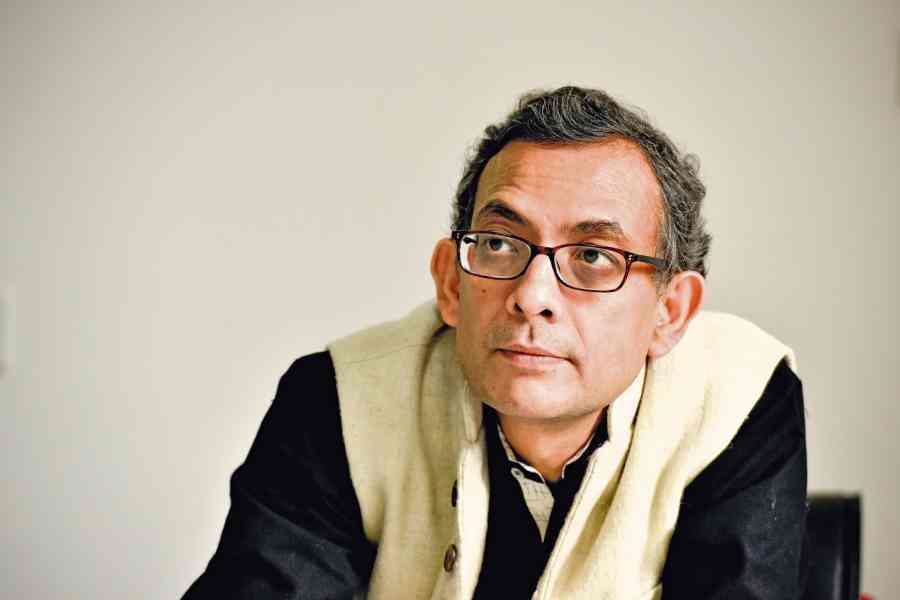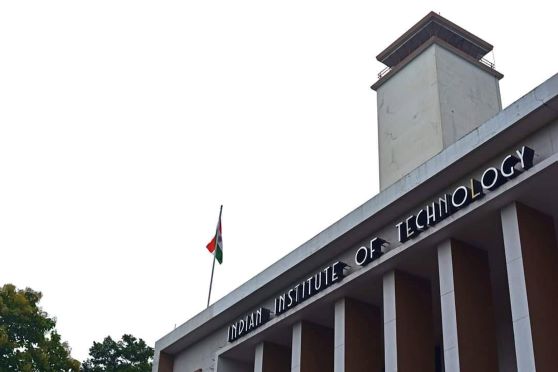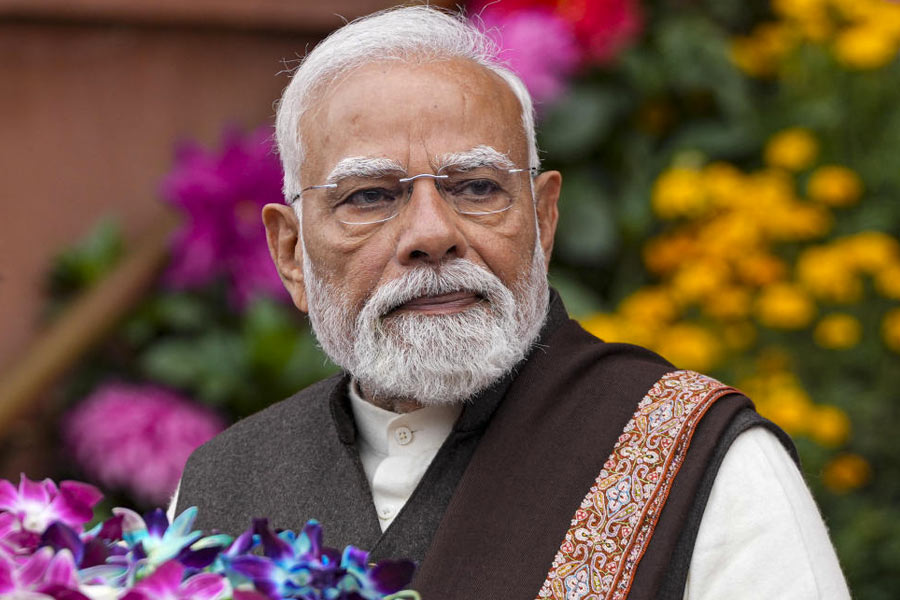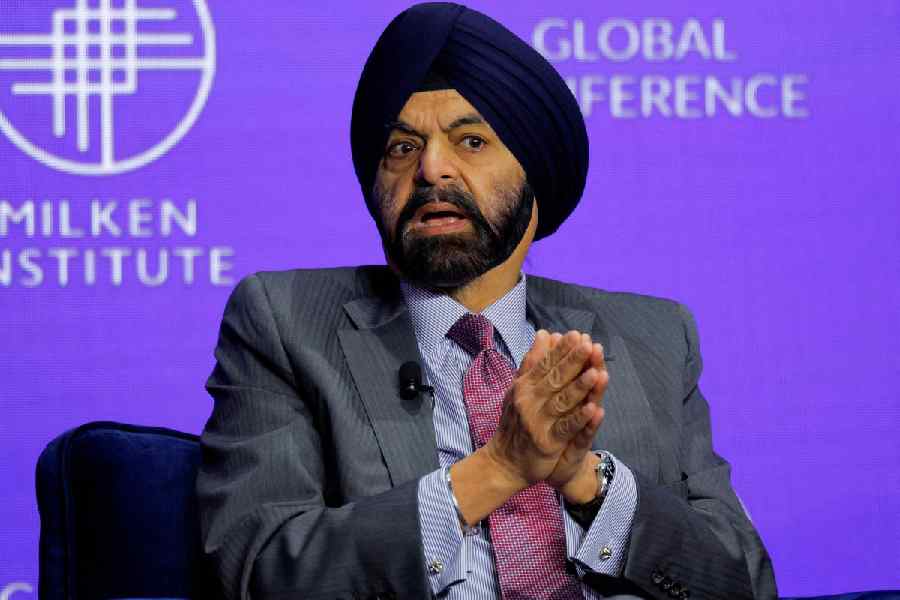Spending on pre-poll sops for women by 18 states, including Bengal, could reach ₹1 lakh crore this financial year, Crisil Ratings said on Thursday.
States’ spending on social sector schemes is expected to be at an elevated 2 per cent of Gross State Domestic Product (GSDP) in FY26, which is likely to impact capital expenditure. The increased spending will result in a higher revenue deficit, limiting the states’ ability to undertake higher capital outlays.
The social sector spending used to be in the range of 1.4-1.6 per cent of GSDP between fiscals 2019 and 2024, the rating agency said.
In Bengal, the Lakshmir Bhandar scheme already has over 2.21 crore beneficiaries, the budget documents show.
The state’s revenue deficit was at 2.38 per cent of GSDP in FY25, revised upwards from the previous estimate of 1.76 per cent of GSDP.
For FY26, the state has budgeted for a revenue deficit of 1.74 per cent, but it is likely to swell as the spending goes up.
States analysed by Crisil also include Maharashtra,Gujarat, Karnataka, Tamil Nadu, Uttar Pradesh, Telangana, Rajasthan, Madhya Pradesh, Andhra Pradesh, Kerala, Odisha, Jharkhand, Haryana, Punjab, Bihar, Chhattisgarh and Goa
“Social welfare expenditure in fiscal 2025 and 2026 is estimated to increase by around ₹2.3 lakh crore from the fiscal 2024 level. Of this, ₹1 lakh crore is towards direct benefit transfers (DBT) to women primarily as election commitments. Meanwhile, the remaining ₹1.3 lakh crore increase is primarily for financial/medical assistance to backward classes and social security pension to select focus groups, which supports necessary expenditures for socio-economic development,” said Anuj Sethi, senior director, Crisil Ratings.
DBT here refers to schemes designed to provide financial assistance to beneficiaries (primarily women) in the form of monthly cash transfers. The criteria for beneficiaries differ across states, Crisil said. Capital outlay rose just 6 per cent last fiscal as revenue deficit surged 90 per cent.
If the trend continues, it may limit states’ high-impact investments, said Aditya Jhaver, director, Crisil Ratings.
Crisil said that over the past few years, several states that have gone to the polls have introduced or increased allocations to DBT schemes.
With upcoming elections in other states, a rise in DBT, as part of election commitments, is possible.

